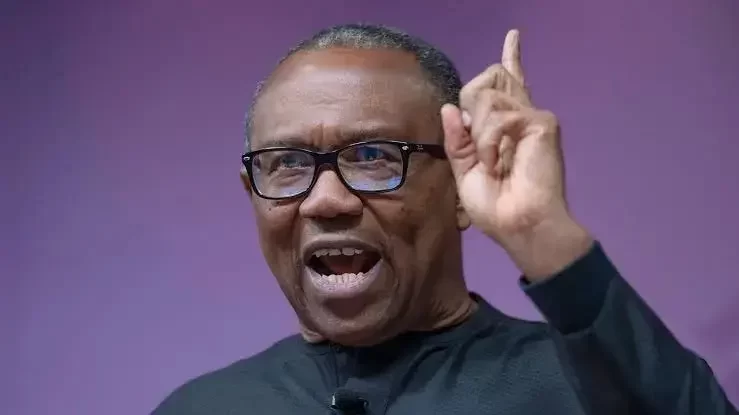In response to the recent news about the proposed 114% salary increase for elected officials and public office holders, Peter Obi, the presidential candidate of the Labour Party (LP) in the last presidential election, has expressed his disapproval. He specifically reprimanded the Revenue Mobilisation, Allocation and Fiscal Commission (RMAFC) for their decision and criticized politicians like President Bola Tinubu and his Vice for allowing such an increase to occur.
Taking to Twitter, Obi voiced his disappointment, labeling the salary increment as insensitive, given the current economic situation and the hardships faced by citizens. He stressed that leaders should be focused on reducing the cost of governance and alleviating the suffering of the people.
Obi stated, “I have learned with great reservation about the approval of a 114% increase in the salaries of elected politicians, including the President, Vice President, governors, lawmakers, as well as judicial and public office holders by the Revenue Mobilization and Fiscal Commission (RMAFC). This is not the appropriate time for such a salary increment, if it is even necessary at all.”
He emphasized that the country is currently grappling with harsh economic realities, and with over 130 million Nigerians living in poverty, the priority should be finding creative ways to uplift the majority from poverty rather than increasing salaries for politicians.
Additionally, Ezeh Onyekpere, the Lead Director of the Centre for Social Justice, CENSOJ, also criticized the proposed salary increase, describing it as irrational, illogical, and contrary to common sense. Onyekpere pointed out that while ordinary Nigerians were being asked to make sacrifices in the national interest, the leadership class should have shown greater sacrifice instead of benefiting from such an increase. He highlighted the struggles faced by people who have lost their jobs and whose wages and salaries can no longer meet their needs due to rising prices.
Overall, the public response to the proposed salary increase has been largely negative, with calls for leaders to prioritize the welfare of the masses and address the pressing economic challenges faced by the country.

